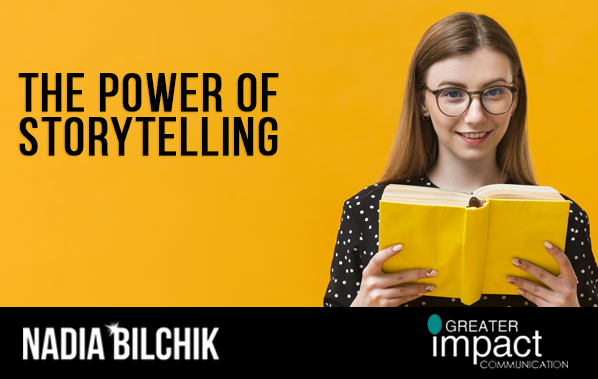
In an age of information overload where we are constantly having to compete for attention, the ability to tell stories that have an emotional and intellectual impact is a critical skill.
Think about the last meeting or presentation you attended or Ted talk you watched, what did you remember, what did you repeat?
The story! Especially if the story related to you or triggered you to reflect on your own similar experience. In fact, stories well told have a thousand times more impact than a fact or statistic.
I recently spoke to MBA students at Emory’s Guizeta Business school on Storytelling Mastery and I wanted to share some of the tips and techniques of using stories to persuade, influence and inspire.
Begin by looking back at your own experiences and start to build inventory of situations where you were triumphant and successful or conversely when you felt you could have done better. Both successes and failures are great material for storytelling as long as you can share what you learned from the experience and how what you learned can benefit your audience.
While personal stories are often the most compelling because they evoke emotion in both the story teller and the audience, telling other people’s and organizations stories of success or failure can be equally effective.
The key to effective Storytelling is to focus on your P.A.L:
The POINT you are trying to make;
The very best ANECDOTE/STORY you can tell to illustrate the point; and
What you intend the audience to LEARN.
As with all presentation and communication skills it is also critical to focus on delivery. This includes effective use of inflection, eye contact, facial expression, gestures and pausing.
Please let us know if you are interested in a keynote or workshop on Storytelling Mastery to Persuade, Influence & Inspire.
More related articles: The Greater Impact of Owning your Space



